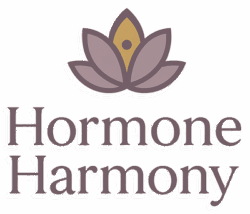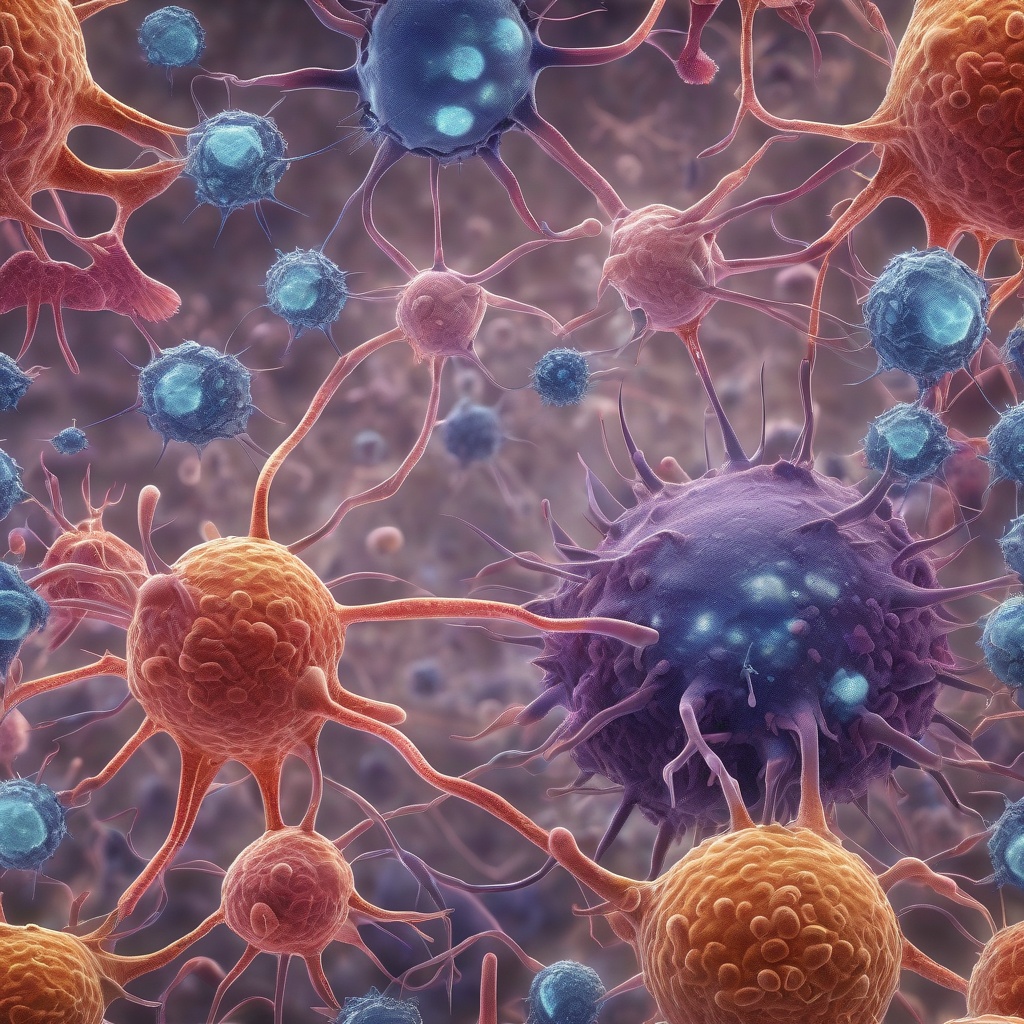Unlocking the Secrets of Immune Cell Aging and Age-Related Disease Mechanisms Revealed
Immunosenescence is the progressive deterioration of immune function with aging and is driven by dynamic molecular and cellular interactions. As we age, our immune system undergoes significant changes that can lead to increased susceptibility to infections, autoimmune diseases, and cancer. Recent research has made significant strides in understanding the mechanisms underlying immune cell aging and its relationship to age-related diseases.
The Complex Process of Immunosenescence
Immunosenescence is a complex and multifaceted process that affects various aspects of immune function. It is characterized by changes in the composition and function of immune cells, including T cells, B cells, natural killer cells, and macrophages. These changes can lead to impaired immune responses, chronic inflammation, and tissue damage.
Key Drivers of Immunosenescence
Several factors contribute to immunosenescence, including:
- Telomere shortening: Telomeres are protective caps on the ends of chromosomes that shorten with each cell division. As telomeres shorten, cells can enter senescence or undergo programmed cell death, leading to a decline in immune function.
- Epigenetic changes: Epigenetic modifications, such as DNA methylation and histone acetylation, play a crucial role in regulating gene expression. As we age, these modifications can become disrupted, leading to changes in immune cell function.
- Oxidative stress: Oxidative stress occurs when the balance between free radical production and antioxidant defenses is disrupted. This can lead to cell damage and contribute to immunosenescence.
- Chronic inflammation: Chronic inflammation, also known as inflammaging, is a hallmark of aging and can drive immunosenescence by promoting the production of pro-inflammatory cytokines.
The Role of Immune Cells in Aging and Disease
Immune cells play a critical role in maintaining tissue homeostasis and preventing disease. However, as we age, immune cells can become dysfunctional, leading to a range of age-related diseases, including:
- Autoimmune diseases: Autoimmune diseases, such as rheumatoid arthritis and lupus, occur when the immune system mistakenly attacks healthy tissues.
- Cancer: Cancer is a leading cause of death in older adults, and immune dysfunction can contribute to tumor development and progression.
- Infectious diseases: Older adults are more susceptible to infections, such as pneumonia and influenza, due to declining immune function.
New Insights and Therapeutic Strategies
Recent studies have shed light on the molecular and cellular mechanisms underlying immunosenescence. For example, research has identified senolytic therapy as a promising approach to target senescent cells and promote healthy aging. Additionally, immunotherapy has shown promise in treating age-related diseases, such as cancer.
Further research is needed to fully understand the complex interactions driving immunosenescence and to develop effective therapeutic strategies. However, by unlocking the secrets of immune cell aging, we can develop new treatments and interventions to promote healthy aging and prevent age-related diseases.
Read more about the latest research on immunosenescence and age-related diseases in this article.
Conclusion
In conclusion, immunosenescence is a complex and multifaceted process that affects various aspects of immune function. By understanding the drivers of immunosenescence and its relationship to age-related diseases, we can develop new therapeutic strategies to promote healthy aging and prevent disease. Further research is needed to fully elucidate the mechanisms underlying immune cell aging, but the potential benefits of this research are vast and could lead to significant improvements in human health.



